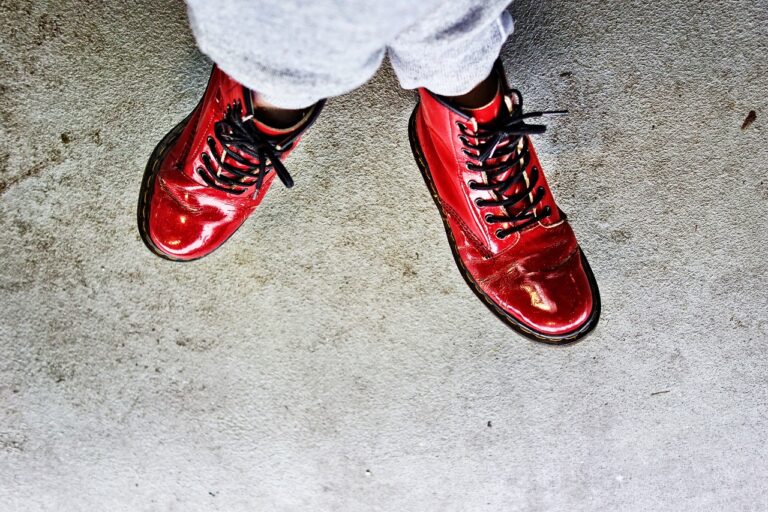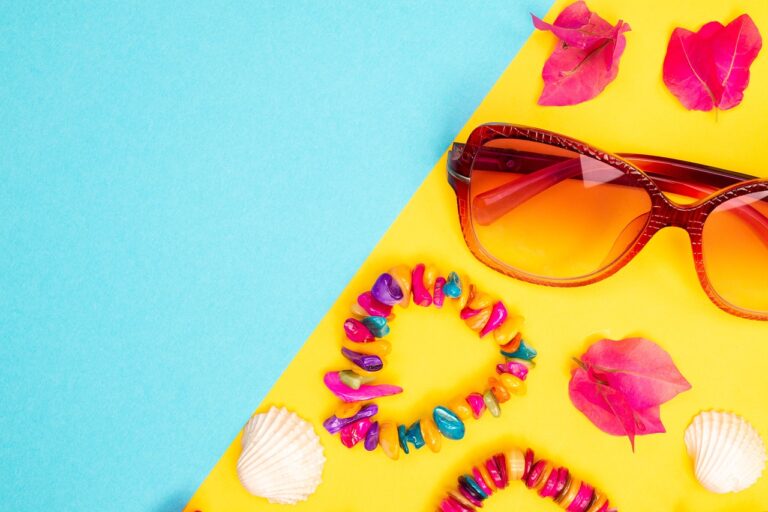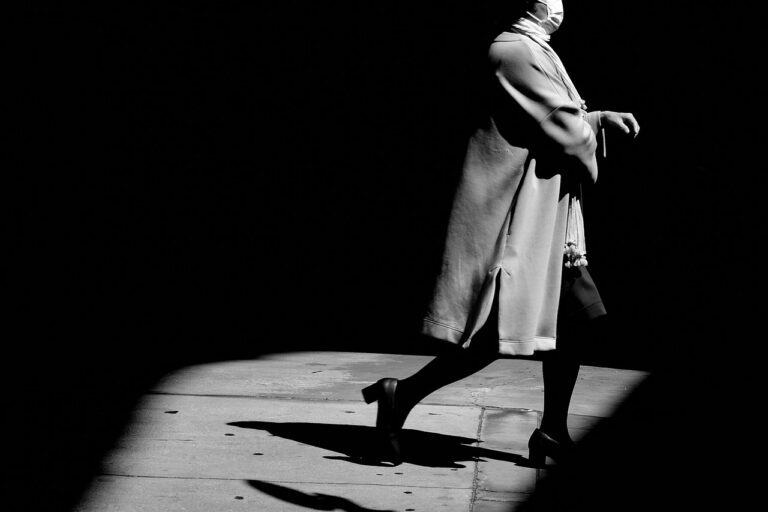Fashion and Mental Well-being: The Psychological Impact of Clothing
Fashion is not just about looking good; it has a profound impact on our mental well-being. The clothes we wear can influence how we feel about ourselves, how we interact with others, and even how productive we are in our daily lives. Understanding the psychological impact of clothing can help us make more conscious choices about what we wear and how it affects our mental health.
The Power of Clothing
Clothing is more than just a way to cover our bodies; it is a form of self-expression. The clothes we choose to wear reflect our personality, mood, and even our aspirations. Studies have shown that what we wear can affect how we feel about ourselves and how others perceive us. This is known as “enclothed cognition,” a term coined by researchers Hajo Adam and Adam Galinsky in 2012.
Enclothed Cognition
Enclothed cognition is the idea that our clothing can influence our psychological processes. For example, wearing formal attire can make us feel more powerful and confident, while wearing comfortable clothes can make us feel relaxed and at ease. This concept has been supported by numerous studies that have shown how clothing can affect our cognitive processes, emotions, and behavior.
The Connection Between Fashion and Mood
Our clothing choices can have a direct impact on our mood. Research has shown that wearing bright colors can boost our mood and make us feel more energetic and positive. On the other hand, wearing dark colors can make us feel more serious and introspective. By choosing clothing that reflects our mood and personality, we can enhance our emotional well-being and feel more confident and self-assured.
Body Image and Self-esteem
Our clothing choices can also influence how we feel about our bodies and ourselves. Studies have shown that wearing clothes that fit well and make us feel comfortable can boost our self-esteem and body image. On the other hand, wearing clothes that are too tight or ill-fitting can make us feel self-conscious and insecure. By choosing clothes that make us feel good about ourselves, we can improve our self-esteem and overall well-being.
Social Interactions and Clothing
Our clothing can also affect how we interact with others. Research has shown that our outfit choices can influence how we are perceived by others and can impact our social interactions. For example, wearing professional attire can make us appear more competent and trustworthy, while wearing casual clothes can make us seem more approachable and friendly. By understanding the social cues of clothing, we can use our outfits to enhance our relationships and communication with others.
Personal Style and Identity
Our personal style is a reflection of who we are and what we value. The clothes we choose to wear can convey our personality, interests, and beliefs to the world. By developing a personal style that is authentic to who we are, we can feel more confident and comfortable in our own skin. This can enhance our sense of identity and help us express ourselves in a meaningful way.
Fashion Therapy
Fashion therapy is a growing field that explores the connection between clothing and mental health. This therapeutic approach uses clothing and personal style to help individuals improve their self-esteem, body image, and overall well-being. By working with a fashion therapist, individuals can learn how to use clothing as a tool for self-expression and empowerment. Fashion therapy can be especially beneficial for individuals struggling with body image issues, low self-esteem, or other mental health challenges.
Conclusion
Our clothing choices have a powerful impact on our mental well-being. By understanding the psychological effects of clothing, we can make more intentional choices about what we wear and how it affects our mood, self-esteem, and social interactions. Fashion is not just about looking good; it is a form of self-expression that can enhance our mental health and overall well-being.
FAQs
1. How does fashion influence mental well-being?
Fashion can influence mental well-being by affecting our mood, self-esteem, social interactions, and personal identity. Our clothing choices can impact how we feel about ourselves and how we interact with others.
2. Can fashion therapy help improve mental health?
Fashion therapy is a growing field that uses clothing and personal style to help individuals improve their self-esteem, body image, and overall well-being. Working with a fashion therapist can be beneficial for individuals struggling with mental health challenges.
3. How can I use clothing to boost my mood?
You can use clothing to boost your mood by choosing colors and styles that make you feel good about yourself. Wearing bright colors can enhance your mood and make you feel more positive and energetic.
4. What is enclothed cognition?
Enclothed cognition is the idea that our clothing can influence our cognitive processes, emotions, and behavior. Our outfit choices can impact how we think, feel, and act in various situations.
5. How can I develop a personal style that reflects my identity?
To develop a personal style that reflects your identity, consider your personality, interests, and values. Choose clothes that make you feel comfortable and confident, and express who you are to the world.







